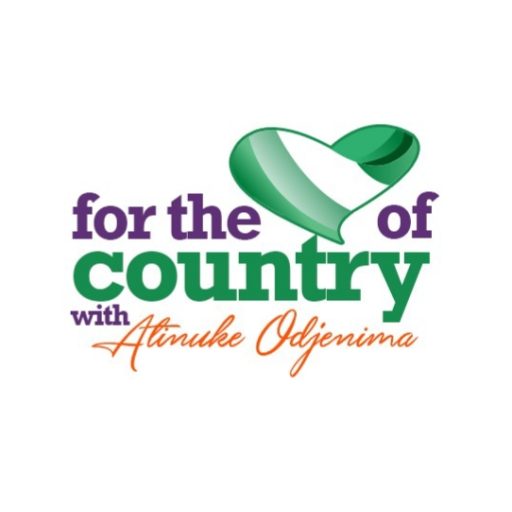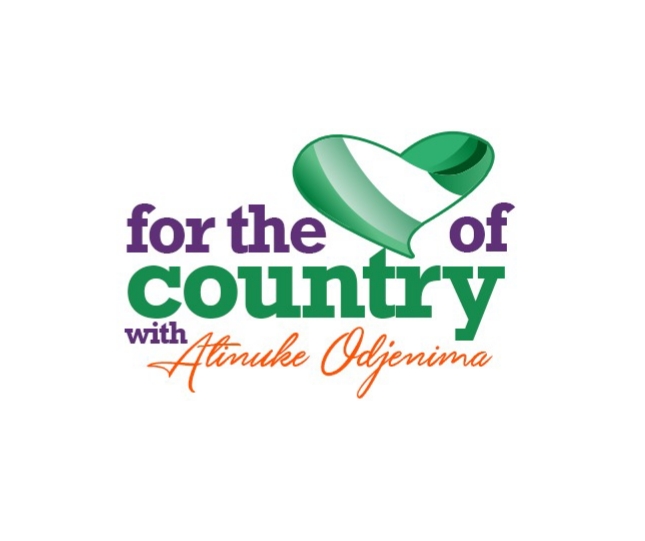This is a sample text. You can click on it to edit it inline or open the element options to access additional options for this element.
PREAMBLE
Nigeria, with its vast cultural diversity encompassing over 300 ethnic groups and 500 languages among its 200 million people, grapples with complex social dynamics. Ethnic and religious differences and varying social classes contribute to a political landscape marked by tensions and aspirations for recognition. Despite the potential richness of this diversity, it often breeds feelings of marginalization and a struggle for dominance. This natural affinity to ethnic and religious groups has historical roots and is deeply ingrained in Nigerian society. However, political leaders have also exploited it for their gain, perpetuating inequality and discord.
While federalism has been introduced as a framework for national development, it still needs to address the underlying issues of inequality and power imbalance fully. Dominant groups wield disproportionate influence, leaving many ethnic communities economically disadvantaged and politically marginalized. The failure to implement true federalism exacerbates these disparities, hindering overall progress. Efforts to foster national unity, such as the National Youth Service Corps (NYSC) and the Federal Character Commission, have been undertaken, yet challenges persist. Ethnic and religious rivalries continue to undermine cohesion and impede socio-economic advancement. This rivalry often escalates into conflicts, contributing to political instability and economic stagnation.
The economic impact of Nigeria's diversity is significant, affecting investment, exacerbating corruption, and perpetuating marginalization. By addressing these underlying tensions, meaningful development will be attainable. Overcoming these challenges requires a concerted effort to promote inclusivity, recognize the value of diversity, and address the root causes of ethnic and religious divisions. Only then can Nigeria fully harness its potential for progress and prosperity.
SITUATION ANALYSIS
Nigeria grapples with complex challenges in forging a unified national identity and strengthening democracy, exacerbated by deep ethnic and religious divisions with ethnic-based associations such as the Arewa Consultative Forum, Afenifere, Odua Peoples Congress, Ohaneze Ndi Igbo, and separatist movements like MASSOB and IPOB, each advocating for distinct agendas that threaten national cohesion. Regional insecurity remains a pressing concern, with Islamist groups like Boko Haram and ISWAP exerting control in the Northeast, while the Southeast witnesses insurgency from groups like the ESN, the armed wing of IPOB. Banditry plagues the Northwest, particularly in Zamfara, Katsina, and Sokoto, where notorious bandits operate with impunity. In the North Central, herder-farmer conflicts contribute to a disturbing level of insecurity, claiming thousands of lives. Similarly, regional governors' forums, like those in the South West, South East and Northern regions, prioritize their own interests over national unity.
Ethnicity strongly influences political dynamics, as demonstrated by voting patterns in past elections, which have been largely driven by tribal affiliations rather than candidate qualifications. The dominance of ethnic identity in Nigerian politics is evident, as highlighted by the findings of the International Foundation for Electoral Systems (IFES) survey, which underscores ethnicity as the primary identifier for 48.2% of Nigerians, compared to 28.4% who identify by occupation and 21% by religion. This trend is starkly illustrated in electoral behavior, such as the 2011 and 2023 general elections, where voting patterns were heavily influenced by tribal loyalties. In both instances, presidential candidates garnered overwhelming support from their respective regions, reflecting a deeply ingrained ethnic and religious bias in Nigerian politics.
The country's presidential rotation system prioritizes regional representation over meritocracy, leading to governance challenges and resource distribution struggles. Despite the federal character principle aimed at promoting inclusivity, nepotism often prevails, marginalizing minority communities and hindering national development. Discrimination based on ethnicity and religion permeates various sectors, from politics to corporate environments, further exacerbating social tensions and impeding progress.
Efforts to address these challenges must prioritize national interests over tribal affiliations, promote meritocracy in governance and economic opportunities, and foster dialogue among ethnic and religious groups to build a more cohesive and inclusive society. Without addressing these underlying issues, Nigeria's path to sustainable development remains uncertain, perpetuating a cycle of instability and hindering its potential for progress.
REFRAMING THE NARRATIVE:
At FLOC SYMPOSIUM 2024, we embark on a journey to redefine our national identity, unity and aspirations. It is imperative to transcend the shackles of ethnicity and religion, embracing a shared vision of inclusive development and unity. By shifting our focus towards merit-based leadership, we can unlock the full potential of our diverse populace and foster an environment conducive to sustainable growth.
OBJECTIVES OF FLOC SYMPOSIUM 2024:
1. Facilitate constructive dialogue aimed at fostering national integration and cohesion.
2. Promote a national re-orientation towards a paradigm shift in societal values that support peaceful coexistence and socio-economic development.
3. Address the root causes of insecurity and socio-economic disparities exacerbated by tribal and religious divides.
4. Advocate for the establishment of meritocracy in governance structures, ensuring that appointments and elections are based on competence, character and common needs over ethnic/religious differences.
5. Explore innovative and sustainable strategies for managing our diversity to achieve fast and equitable economic development.
6. Deliberate on the merits of decentralization and true federalism as mechanisms for fostering inclusivity and shared prosperity.
ENVISIONING A BRIGHTER FUTURE:
Our vision for Nigeria is one of harmony and progress, where diversity serves as a catalyst for innovation and collective advancement. Through collaborative efforts and a commitment to national unity, we aspire to build a nation where every citizen has equal opportunities for success, regardless of their ethnic or religious background.

